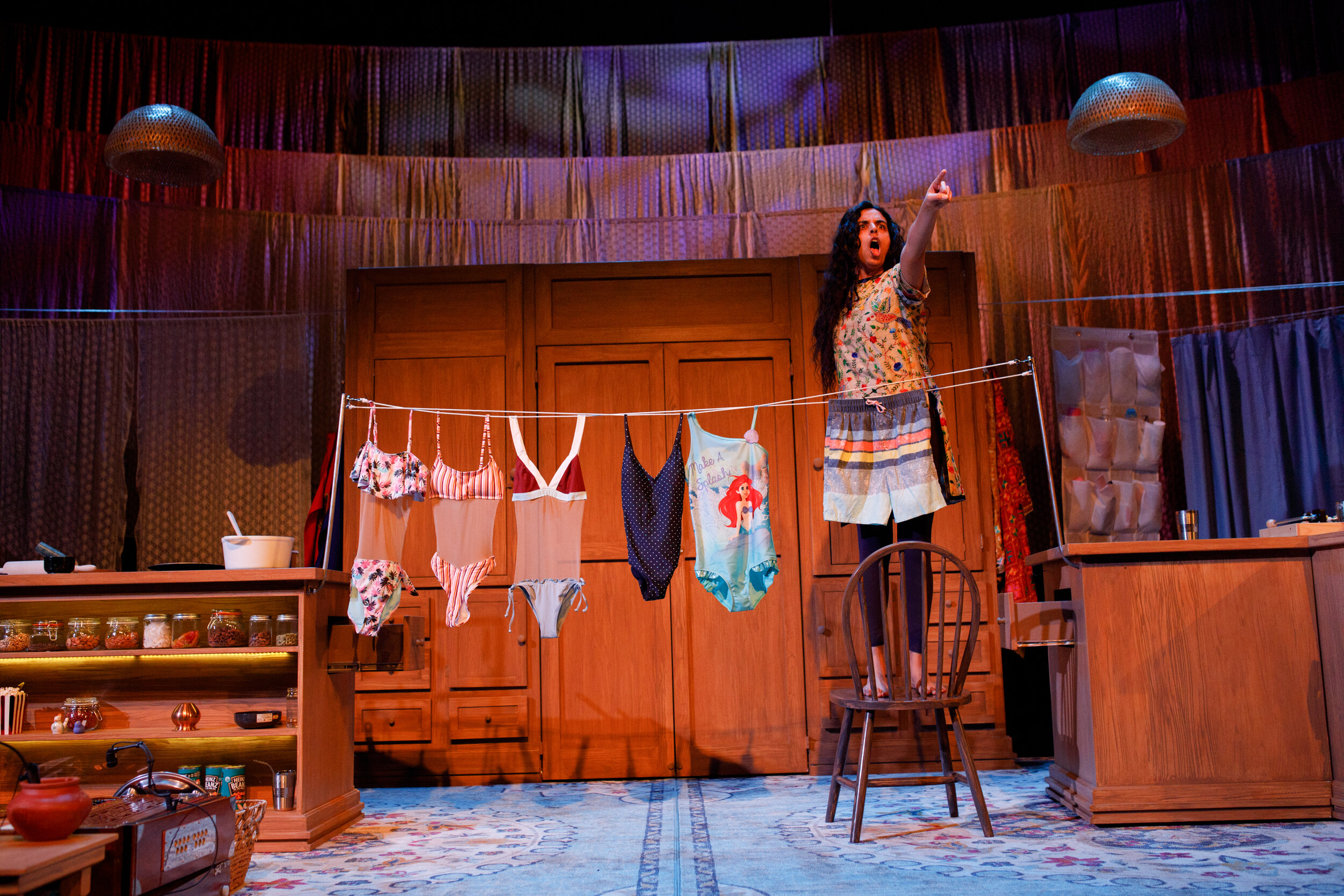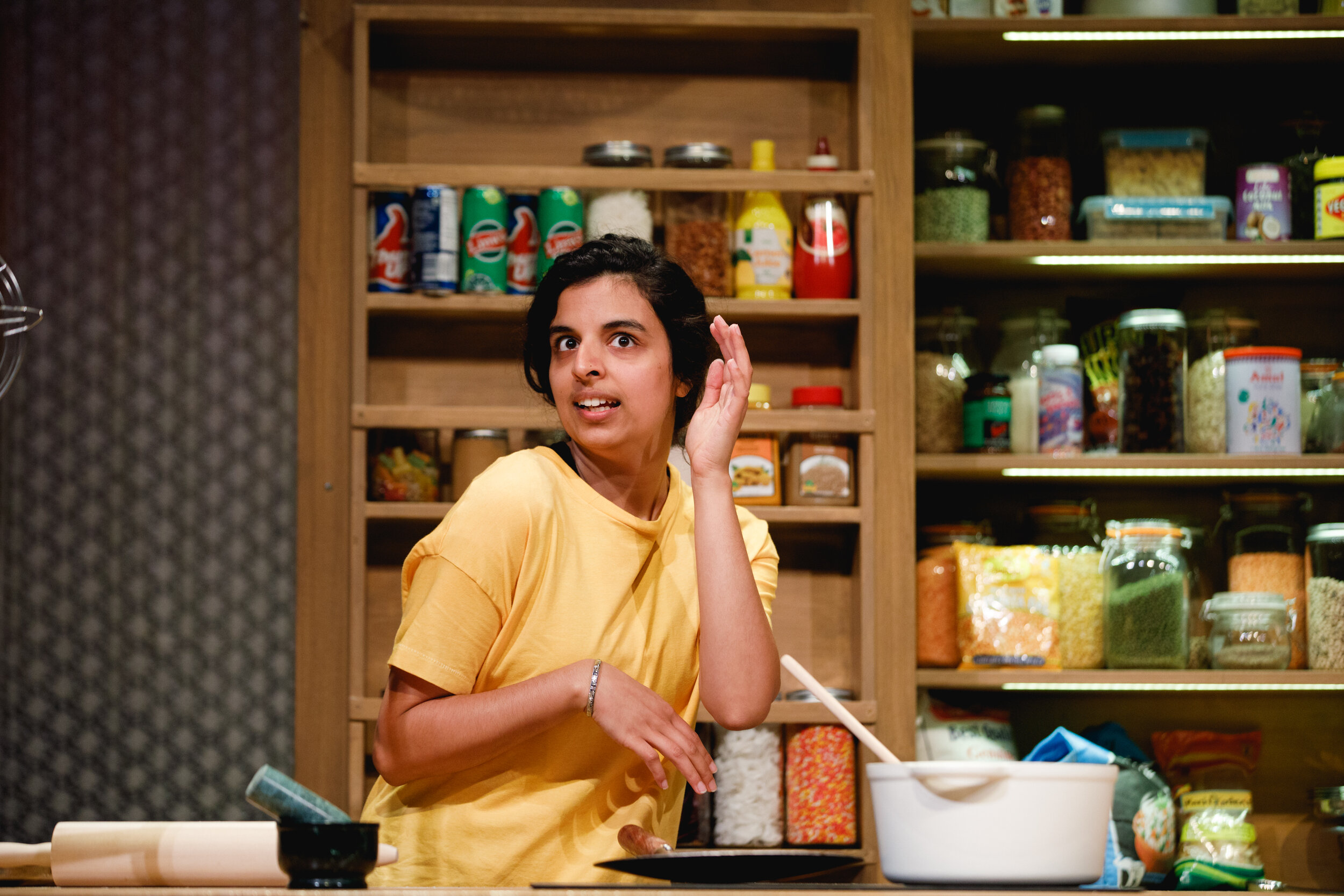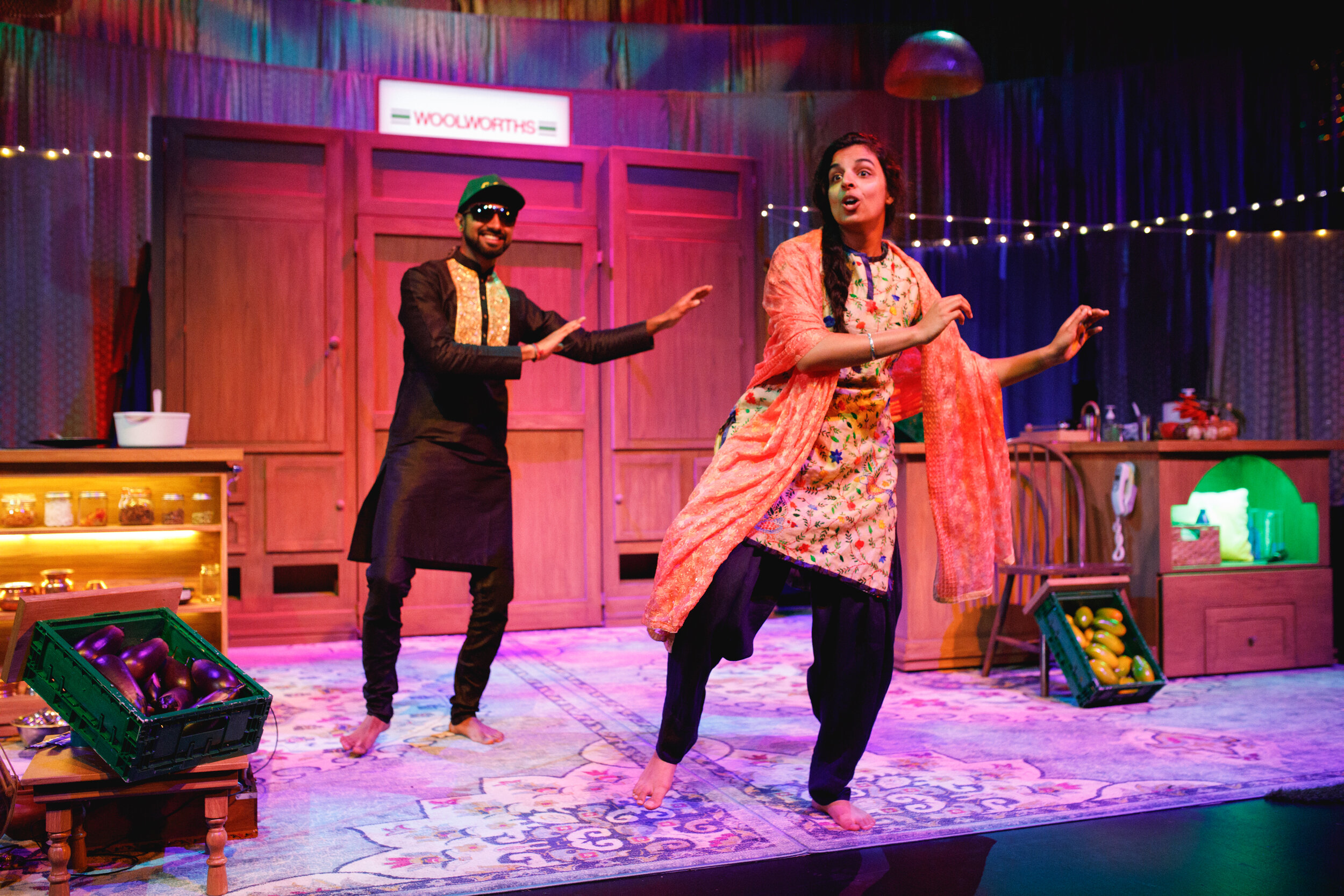THEATRE REVIEW: Fully Sikh is a portrait of multicultural millennial Australia
What does it mean to be ‘Australian’? This is a question, being a biracial individual, that has always provoked pause for me. Let me put it this way. Is there a definitive, singular ‘Australian’ culture? Perhaps my sixth generation Australian-born father would say so. A fair go. Mateship. The beach. Vegemite. Furthermore, does the presence of such a supposed singular culture provide legitimate grounding to distinguish the ‘other’ from those deemed ‘Australians’? Regardless of the thought, or lack there-of, given to these hard-edged mental meanderings, history lays down something of a jigsaw puzzle in reflection of this; a piece of which is provided by Sukhjit Kaur Khalsa in Fully Sikh, a Barking Gecko Theatre and Black Swan State Theatre Company co-production.
Sukhjit is something of a celebrity in the national poetry scene, having spoken at the Sydney Opera House in the Australian Poetry Slam Competition in 2014 and numerous events since across the country. Poetry has something of a stigma attached to it, particularly in many circles of mainstream youth; it’s hard to understand, and it’s what you study at school, after all.
Poetry has well and truly been given an ethereal Sikh makeover in what could be described as an autobiographical two-actor play with a killer script, documenting the lived experiences of Sukhjit growing up Sikh in Australia. The emphasis here is on growing up: the often frightening realities of changing bodies, hormones and associated angst that plague (or bless?) most girls are compounded by the difficulties of stark cultural difference. The familiarity of the insecurity and uncertainty clouding puberty certainly returned to me, and I’m sure many other females in the audience that night.





(Images by Daniel J Grant)
Sukhjit narrates stories of being bullied for her differences by ruthless classmates in high school swimming lessons so grippingly that you can’t help but be immersed for a moment in the anguish she, at once a naïve 13 year old girl and 24 year old story teller, had enveloping her. Fully Sikh, however, does not ask to be a story of pity and defeat. It is wildly funny at times, and you can feel the unadulterated love Sukhjit clearly possesses for her roots pouring out of her throughout the performance. Her caricatures of her parents are laced with love and often tongue in cheek, bringing a relatability and warmth to them as characters within her story.
Accompanying Sukhjit was the phenomenal Pavan Kumar Hari, who is an instrumental tour-de-force. What sheer talent. This musician not only synthesised and coordinated a phenomenal and impeccably executed soundscape, but also served as a second actor to Sukhjit’s own character in many scenes. The directorial choice of Matt Edgerton’s to have Pavan on the stage, creating everything from the sound of nuts cracking in the Khalsa kitchen to traditional Sikh instrumentals and even dancing was superb, bringing out even more of the natural vibrance of the show.
Fully Sikh is a fitting show to be the last of this decade for Black Swan and Barking Gecko Theatre. Funny, relevant and utterly thought provoking, it paints a portrait of multicultural Australia in an intimate way previously exclusively reserved in theatre for the portrayal of Anglo-Australian culture. It’s a celebration of Sikh culture, a story of growing pains and parental shame (can’t we all relate?) and the things through all of this that bind us as humans and pieces of the Australian youth puzzle, and anyone who is young or has ever been young might just click their fingers in agreement.






